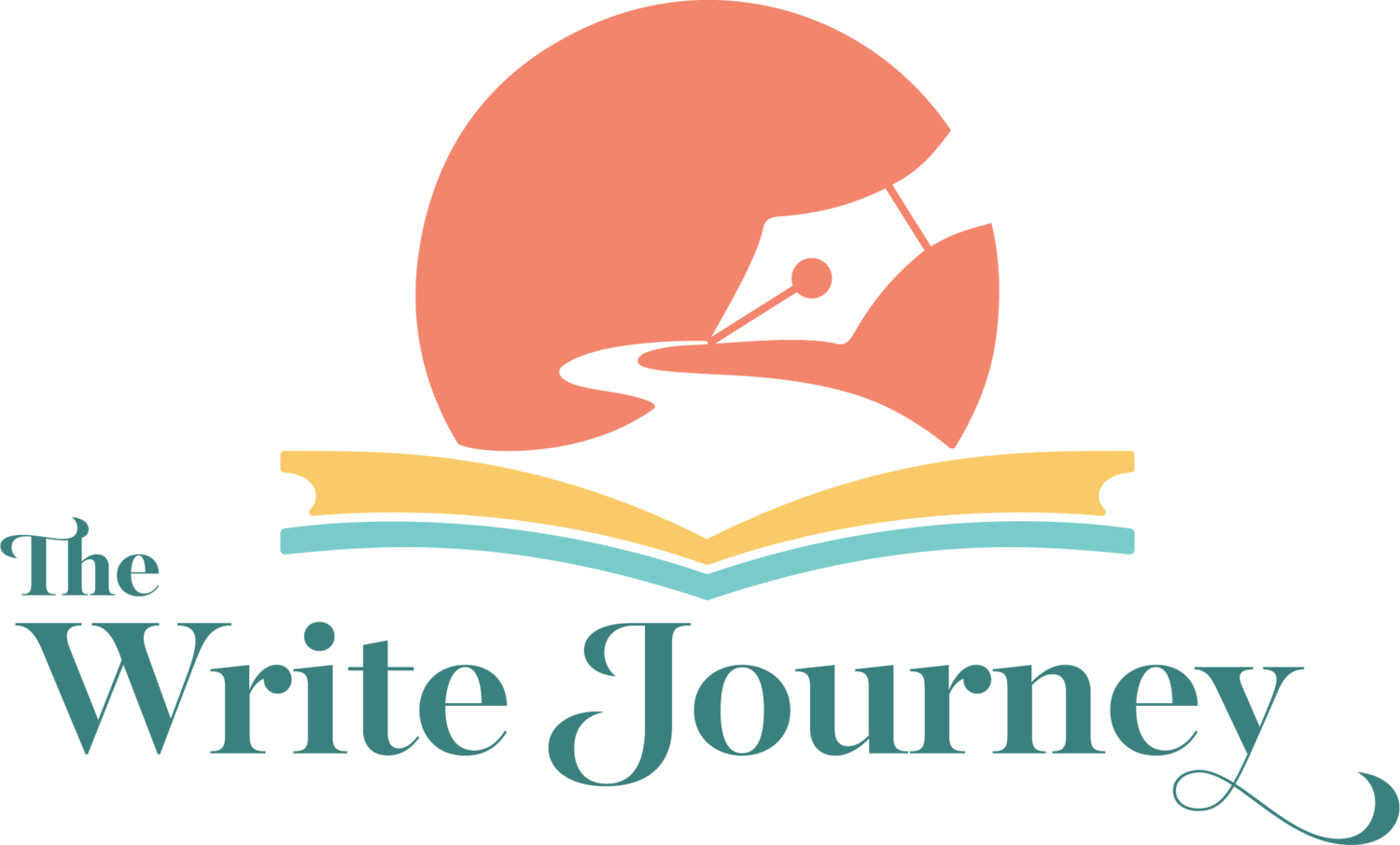When your children attend one of our Reading and Writing classes, they do more than simply read a story to find out what happens! We help students dive deep into the literature and notice the details, especially about the characters.
We intentionally choose a slow pace of reading in order to give the students time to read between the lines. We want to keep track of details. We even have students annotate (make marks) on the pages. Let’s look at various aspects of literary analysis by learning level, focusing on the characters.
PreK/Kindergarten:
Children hear wonderful stories read by the instructor, with a lively voice, and they enjoy accompanying activities to make the story come alive. Students learn the following:
They learn basic terms related to stories, such as characters, setting, and plot. Even at this youngest level, children begin thinking about the characters in the tales, and discussing in class the differing aspects of the actions, thoughts, feelings, and situations of each character. This marks the beginning of the relational connection many find with characters in literature!
1st/2nd Grade Reading and Writing:
Students simply learn to keep track of main characters in the story.
They mark their names (perhaps their initials) on the pages.
They discuss each character in class with the other students. They may talk
about what they like or dislike about the characters.
They begin to notice the descriptions of each character, recognizing that each
detail helps us learn more about the characters in the story.
3rd/4th Grade Reading and Writing:
Students increase their annotating skills:
They learn to draw a box around each character’s name.
They learn to underline any descriptions they find about that character.
They learn to put specific marks/symbols in the margins to easily see why they
underlined the words or section.
They discuss the characters, and learn terms such as protagonist and
antagonist.
They also begin to notice more details, which help them determine personalities of each character.
This is beginning level analysis.
5th/6th Grade Reading and Writing:
They continue learning the terms associated with characters in stories, and keep
track of character qualities by creating charts.
They track descriptions, and continue to annotate their books, remembering to
include symbols in the margins.
They also learn to discuss the character’s qualities, actions, and choices,
including discussing if they agree with the character’s choices. Importantly, they
articulate their own reasons for “why” they do or do not agree.
They may write about how a character changes throughout a story from the
beginning to the end.
They may also identify which character they would like to know more, explaining
“why” as well.
They will also discuss the problems that the characters face, and talk about the
character’s responses.
Intermediate Reading and Writing (7th/8th Grade):
Students dive deeper as they track the characters, their descriptions, conflicts,
actions, choices, and perspectives.
They learn to analyze the motives and outcomes of the character’s story, as well
as how to articulate their own opinions about each character.
Students study the development of the character from the very beginning of the
story, and try to anticipate the ending based on the character’s habits and
perspectives.
Students look for deeper meaning in the character’s decisions, and reflect on their own experiences to help determine their position. Naturally, writing prompts encourage students to discuss their views and pose their positions using critical thinking skills to support their claims. As these students are learning to interact with one another in class discussions with a greater degree of differing opinions, they encounter opposing views, but learn to openly listen to others’ views, share their own, and maintain a level of respect for one another that allows each person to engage safely and actively in the discussions.
Advanced High School Reading and Writing (9th-12th Grade)
Students already know many of the terms associated with character analysis and conflicts.
They are instructed in annotating their texts with symbols, words, and marks.
They also keep track of relevant information in charting forms. This allows the students to easily locate important information they need for writing a character analysis essay or studying for exams.
Students hone their analytical skills by digging even deeper into the characters within much more complex texts.
Students utilize their critical thinking skills, empathy, and class discourse to formulate, consider, and develop their own perspectives. Under the direction of skilled instructors, students consider differing viewpoints or answer challenging questions, which prompts introspective thought and allows the student to establish what they truly think or believe.
They continue to develop communication skills necessary to articulate their ideas.
Our students develop a true love of studying literature, even if they do not love the actual texts. They learn to engage in discussions about the author’s skills, and practice slowly studying novels as opposed to simply reading to get to the end. Over the years, many students share the joy they find in this method, and we recognize the benefits of deeply studying the texts. Do you remember specific characters from novels you read over the years? What made them memorable to you? We’d love for you to share your experiences on our social media platforms. Perhaps others would like to meet your favorite character from literature.





